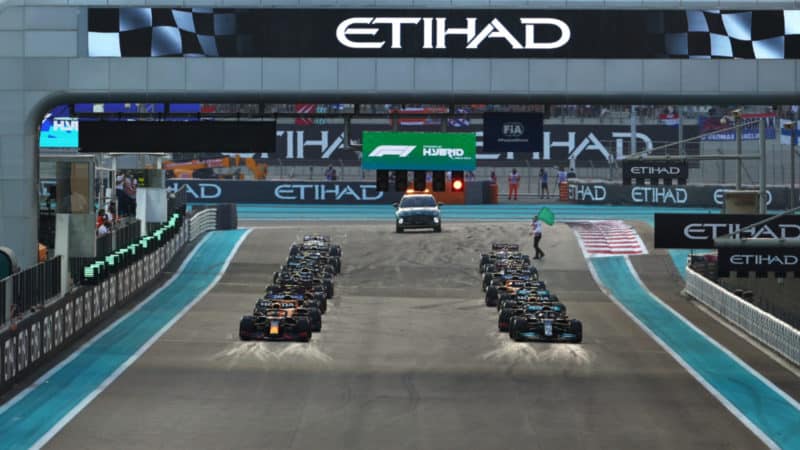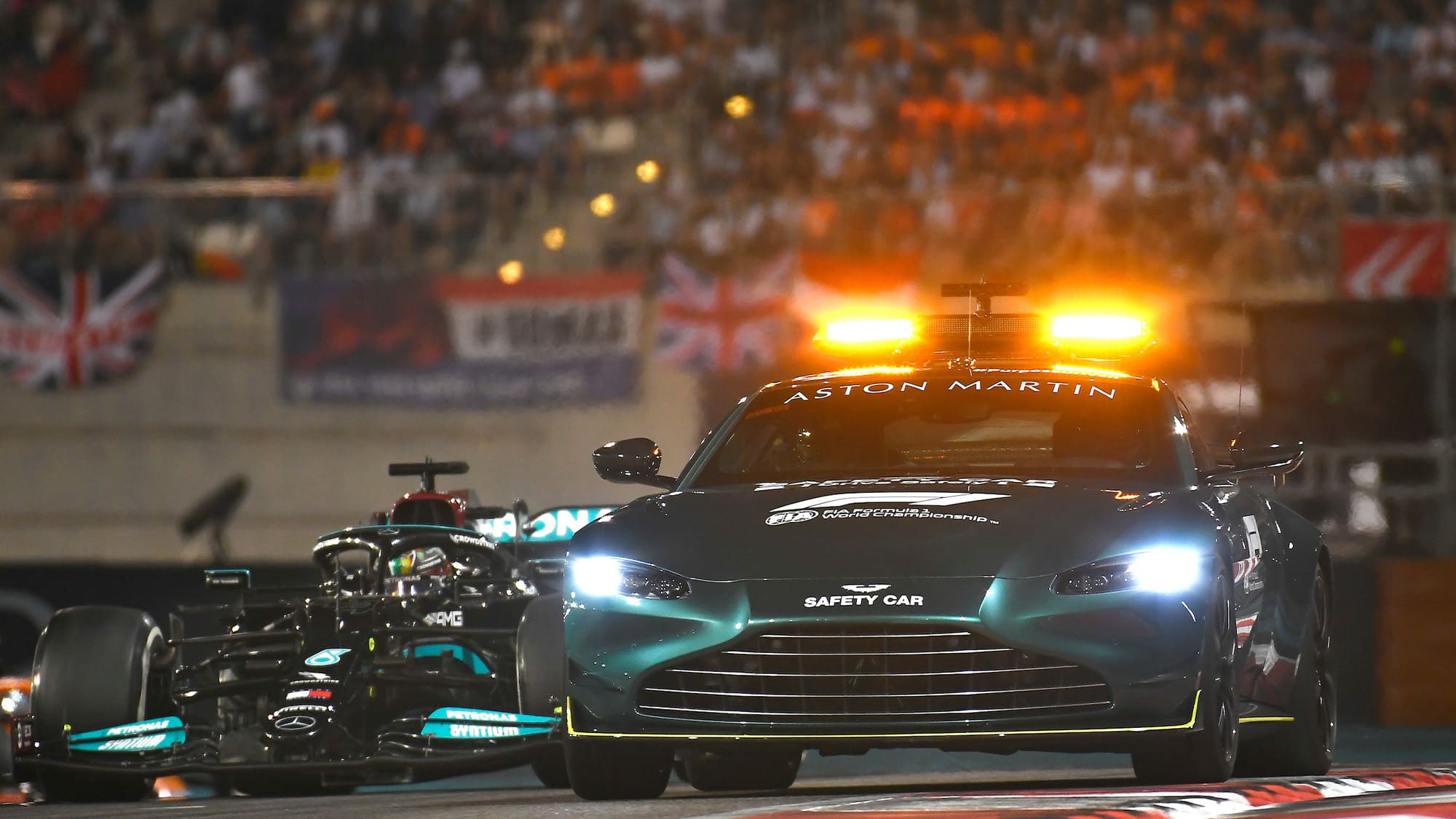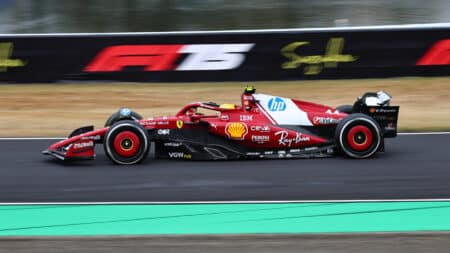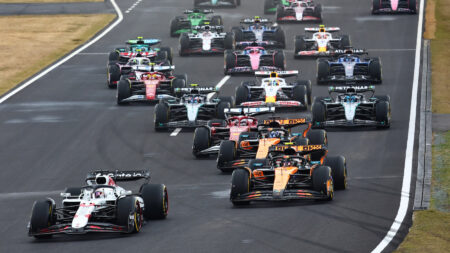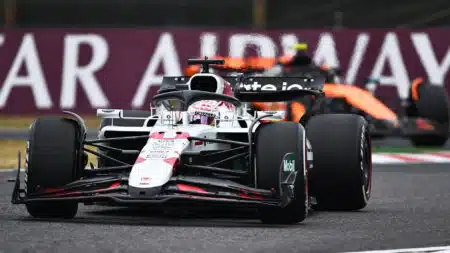Ensuring the environmental message is advertised will be a key aim of the new regulations. 100% sustainable fuel, overall efficiency, and a new focus to electrical power have been outlined as a key aim.
F1 recently began advertising the turbo hybrid engines as the most efficient on the planet after agreeing the message was not widespread enough despite the hugely impressive technology used in the power units today.
Significant cost reductions will also be made on the technical, operational and financial side of the regulations. F1 will operate under a new cost cap in 2022 after a soft cap was in effect during the 2021 season.
The FIA is also aiming to entice new manufacturers into the sport with the new regulations. It aims to make it possible for them to join the sport at a competitive level without having to spend in order to catch up the established teams on the grid.
Porsche, Audi and Volkswagen are rumoured to be interested in joining Formula 1, though there has been no official confirmation about any F1 project being in the works for any VW-group brand.
The new engines will also be aimed at improving the spectacle and enticing fans from an auditory sense. From 2026, engines will be more powerful and rev higher than the current generation of hybrid power units.
The rules will also aim to prevent excessive differentiation in order to ensure closer racing between drivers and limit costs of development for teams.
A detailed version of the 2026 power unit regulations will be presented to the World Motor Sport Council in early 2022
